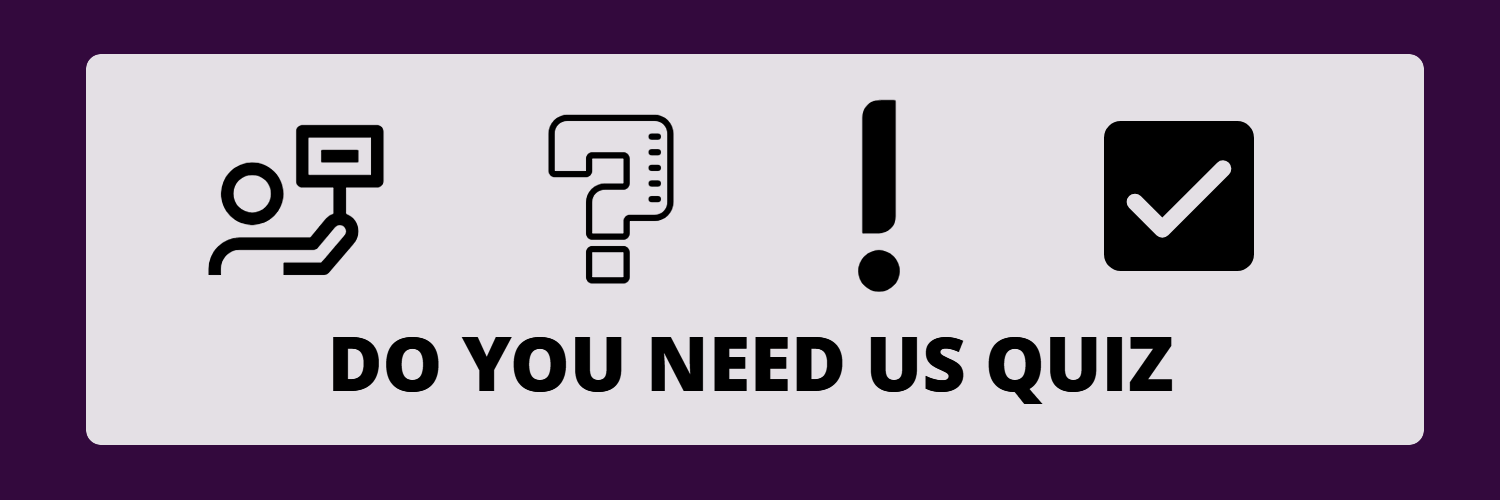
The rise of automation and machine learning is revolutionizing digital marketing, enhancing personalization, streamlining processes, and optimizing strategies. Smart tools help marketers analyze vast amounts of data, predict consumer behavior, and deliver tailored experiences. As businesses strive to remain competitive in an ever-evolving digital landscape, understanding how automation and data-driven solutions can be integrated into marketing strategies is essential. This guide explores how intelligent marketing technologies are reshaping the industry, the opportunities they provide, and the challenges businesses must navigate to maximize their impact.
Table of Contents
1. How Intelligent Automation is Transforming Digital Marketing
Advancements in automation and data analytics have reshaped digital marketing by improving efficiency and accuracy. Businesses now utilize these tools to refine customer interactions, anticipate market trends, and optimize advertising budgets. Key areas of impact include:
- Predictive Analytics: Processes historical data to forecast trends and customer needs.
- Chatbots & Virtual Assistants: Provide real-time customer support and assistance.
- Content Generation Tools: Platforms that help create blog posts, social media updates, and ad copy.
- Programmatic Advertising: Automates ad placements and bid adjustments for improved ROI.
2. Personalization Through Data-Driven Marketing
Automation enables brands to offer deeply personalized experiences to individual users. Effective strategies include:
- Behavior-Based Recommendations: Suggest products or content based on user activity.
- Dynamic Email Campaigns: Customize subject lines, content, and delivery times.
- Website Customization: Adapt web content in real time to match visitor preferences.
- Conversational Marketing: AI-enhanced chatbots provide personalized interactions and solutions.
3. The Role of Machine Learning in SEO & Content Marketing
Technology is reshaping content strategies and search optimization. With machine learning, businesses can refine SEO efforts and enhance content quality. Key innovations include:
- Automated Keyword Research: Tools that identify valuable search terms for better rankings.
- Content Optimization Platforms: Improve readability and engagement using real-time insights.
- Voice Search Adaptation: Helps websites rank for voice-activated search queries.
- Performance Analytics: Evaluates content effectiveness and suggests improvements.
4. Smart Advertising & Optimized PPC Campaigns
Automation enhances digital advertising by refining budget allocation and improving audience targeting. Key advancements include:
- Smart Bidding Strategies: Adjusts bids in real time for maximum efficiency.
- Automated Audience Segmentation: Categorizes users based on browsing habits and preferences.
- Ad Copy Optimization: Tests multiple variations to identify top-performing messages.
- Fraud Prevention Mechanisms: Identifies and blocks fraudulent clicks and bot-driven ad impressions.
5. Automating Marketing Campaigns for Efficiency
Automating marketing processes allows businesses to scale their efforts effectively. Common automation solutions include:
- Email Marketing Optimization: Predicts the best time to send emails and adjusts messaging dynamically.
- Social Media Scheduling: Recommends optimal posting times and curates content.
- CRM Integration: Automates lead scoring and customer interactions for better relationship management.
- Lead Nurturing Workflows: Categorizes prospects based on engagement and purchase likelihood.
6. The Challenges of Using Intelligent Marketing Solutions
Despite its benefits, automation presents challenges that marketers must address. These include:
- Privacy & Compliance Issues: Ensuring data collection complies with regulations like GDPR and CCPA.
- Algorithm Bias & Ethical Concerns: Avoiding skewed results that may misrepresent audiences.
- Balancing Automation with Human Interaction: Ensuring brands have a personal and authentic touch.
- High Implementation Costs: Advanced automation tools require investment in software and training.
7. Future Trends in Data-Driven Digital Marketing
As automation continues to evolve, new strategies and opportunities will emerge. Key trends to watch include:
- Artificial Intelligence-Powered Visual & Video Content: Enhanced automation tools will generate interactive media.
- Expansion of Voice & Image Search: Optimization strategies will evolve to meet changing search habits.
- The Role of Automation in Virtual Shopping: Intelligent systems will enhance customer experiences in the metaverse.
- Blockchain Integration: Data security and transparency will become increasingly important for marketing strategies.
Conclusion
Automation and machine learning are revolutionizing digital marketing by improving efficiency, personalization, and optimization. Businesses that integrate these technologies strategically can streamline processes, enhance customer experiences, and stay competitive. However, challenges such as data privacy concerns, algorithm biases, and high costs must be carefully managed. By balancing automation with authenticity, businesses can harness the full potential of these tools to drive long-term success in an evolving digital landscape.




